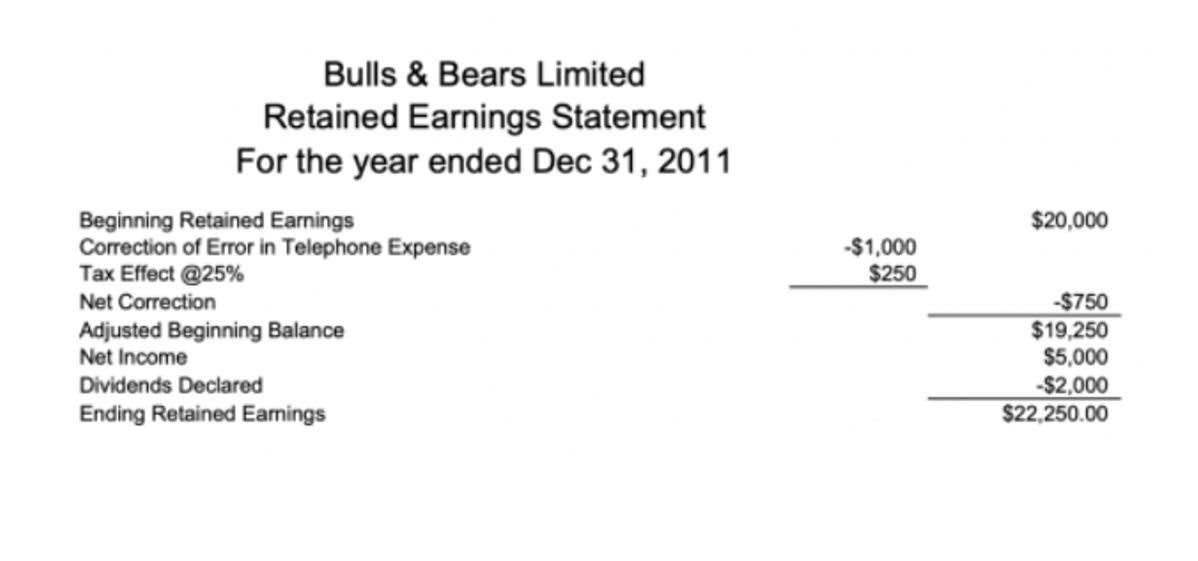
Unearned revenue is recorded on a company’s balance sheet as a liability. It is treated as a liability because the revenue has still not been earned and represents products or services owed to a customer. As the prepaid service or product is gradually delivered over time, it is recognized as revenue on the income statement. To stay compliant, entities must record unearned revenue as a liability on the balance sheet. This is done because the company has received payment for a product or service which has not yet been delivered or performed. The liability is reduced as the company fulfills its obligations, and the revenue is recognized in the income statement.
Unearned rent journal entry
An increase in current liabilities over a period increases cash flow, while a decrease in current liabilities decreases cash flow. While unearned revenue refers to the early collection of customer payments, accounts receivable is recorded when the company has already delivered products/services to a customer that paid on credit. A company should clearly disclose unearned revenue within its financial statements, typically as a part of the balance sheet. It is usually listed under the current liabilities section, as it represents obligations that are expected to be settled within one year. Clear disclosure helps ensure transparency and accurate financial reporting for investors and other stakeholders.

Examples of Current Liabilities

In either case, the company would repay the customer, unless other payment terms were explicitly stated in a signed contract. If the service is eventually delivered to the customer, the revenue can now be recognized and the following journal entries would be seen on the general ledger. Unearned revenue is treated as a liability on the balance sheet because the transaction is incomplete. Unearned Revenue refers to customer payments collected by a company before the actual delivery of the product or service. Since the actual goods or services haven’t yet been provided, they are considered liabilities, according to Accountingverse. The dividends declared by a company’s board of directors that have yet to be paid out to shareholders get recorded as current liabilities.
- Unearned revenue does not initially appear on a company’s income statement.
- Below, we’ll provide a listing and examples of some of the most common current liabilities found on company balance sheets.
- No journal entry is required for this distinction, but some companies choose to show the transfer from a noncurrent liability to a current liability.
- The company classifies the revenue as a short-term liability, meaning it expects the amount to be paid over one year for services to be provided over the same period.
- Then, on February 28th, when you receive the cash, you credit accounts receivable to decrease its value while debiting the cash account to show that you have received the cash.
Unearned Revenue vs Deferred Revenue
An invoice from the supplier (such as the one shown in Figure 12.2) detailing the purchase, credit terms, invoice date, and shipping arrangements will suffice for this contractual relationship. In many cases, accounts payable agreements do not include interest payments, unlike notes payable. Deferred revenue affects the income statement, balance sheet, and statement of cash flows differently. According to the accounting reporting principles, unearned revenue must be recorded as a liability. In this article, I am going to go over the ins and outs of unearned revenue, when you should recognize revenue, and why it is a liability.
It is a journey from the initial receipt of funds to the eventual recognition of revenue, with each step requiring careful attention to detail. Unearned rent revenue is a critical concept in accounting is unearned rent a current liability that affects the financial statements of property owners and managers. This item represents payments received for rent before it’s actually earned, according to the terms of lease agreements.

Those businesses subject to sales taxation hold the sales tax in the Sales Tax Payable account until payment is due to the governing body. In certain instances, entities such as law firms may receive payments for a legal retainer in advance. In this case, the retainer would also be recorded as unearned revenue until the legal services are provided.
- If misrepresented, the cash needs of the company may not be met, and the company can quickly go out of business.
- It shows investors and analysts whether a company has enough current assets on its balance sheet to satisfy or pay off its current debt and other payables.
- Unearned revenue plays a crucial role in accrual accounting, as it represents cash received from customers for services or products that have not yet been delivered.
- Since the actual goods or services haven’t yet been provided, they are considered liabilities, according to Accountingverse.
- To do this, the company debits the cash account and credits the unearned revenue account.
Accrued expenses are listed in the current liabilities section of the balance sheet because they represent short-term financial obligations. Companies typically will use their short-term assets or current assets such as cash to pay them. In this case, the company can make the journal entry with the debit of the unearned rent revenue account and the credit of the rent revenue account. Creating and adjusting journal entries for unearned revenue will be easier if your business uses the accrual accounting method, of which the revenue recognition principle is a cornerstone. A current liability is a debt or obligation due within a company’s standard operating period, typically a year, although there are exceptions that are longer or shorter than a year. In cash accounting, revenue and expenses are recognized when they are received and paid, respectively.

Unearned revenue, sometimes called deferred revenue, is when you receive payment now for services that you will provide at some point in the future. Deferred revenues are the payments received by customers for goods or services they expect to receive in the future. Until the service is performed or the good is delivered, the company is indebted to the customer, making the revenue temporarily a liability.

